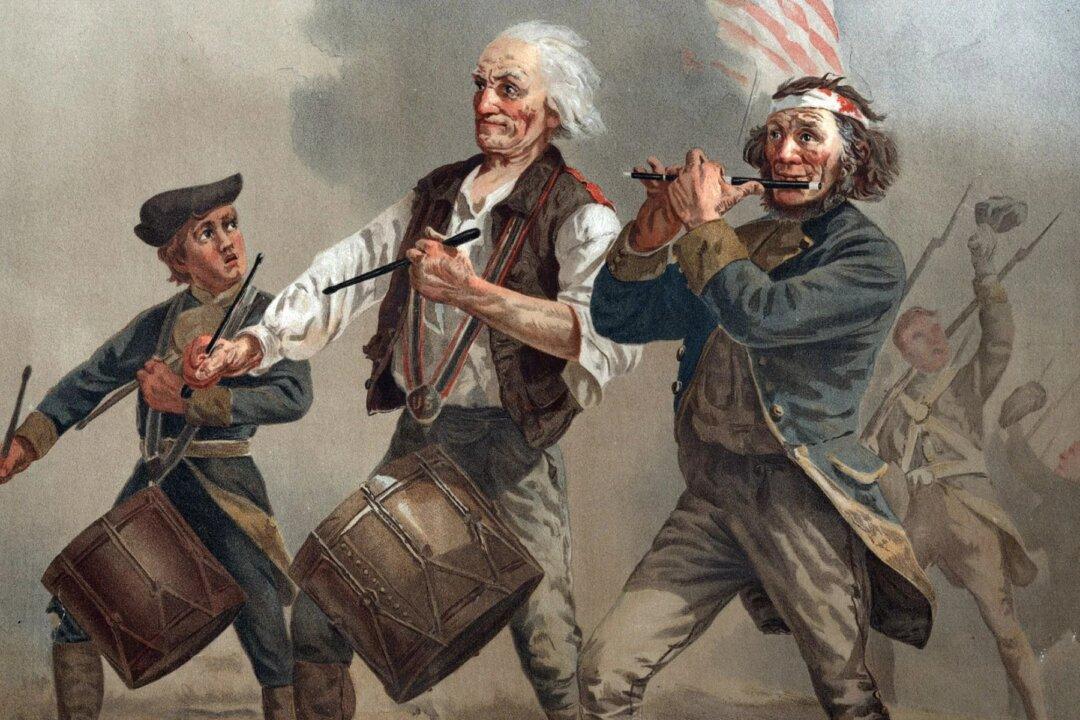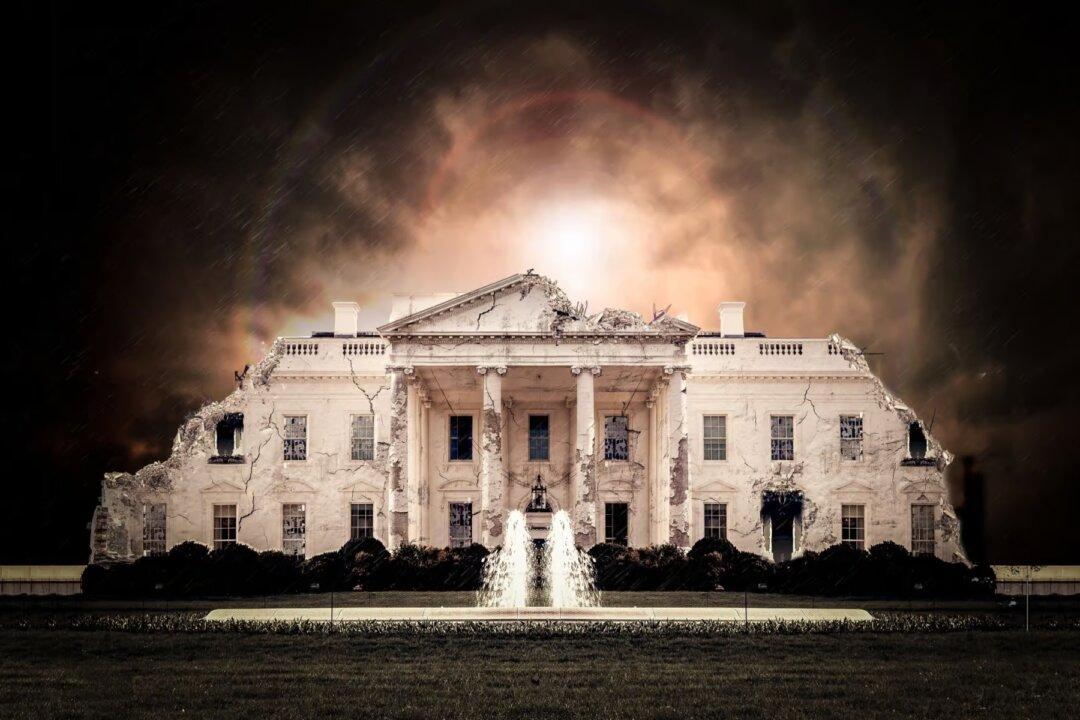Commentary
The U.S. Constitution was ratified in 1789. Nine years later, in a fit of frenzy over enemies domestic and foreign, the U.S. Congress passed the Alien and Sedition Acts. The Sedition Act, in particular, imposed nationwide censorship edicts that made it illegal to criticize the government or its officials. The public was so furious about the obvious attack on the First Amendment that Thomas Jefferson was swept into the White House in the election of 1800, with a specific mandate to end the outrage. The offending laws were promptly repealed.





